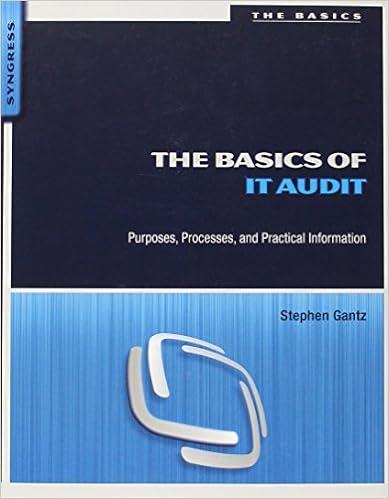1 Leo, a rational investor, has $5,000 to invest for one year pending the purchase of a house. He has narrowed his choice down to two investments. One is to invest the full amount in shares of Company X (a1). The other is to buy risk-free government bonds yielding an annual return of 4.5% (a2). Company X has little debt and its stock is low-beta. Leo identifies two states of nature: State H: Company X performs well. State L: Company Xperforms poorly. Leo searches the Internet for financial information about X Ltd. Based on this evidence, he assesses the following subjective prior state probabilities: State H: 0.25 State L: 0.75 The following is the payoff table for these two investments. Payoffs from X Ltd. Shares consist of dividends and capital gain for the year, based on the average analyst forecast for X Ltd., and are net of the original investment Leo is risk averse, with utility equal to the square root of the net dollar payoff. Required Required a. On the basis of his prior probabilities, which act should Leo take? Show calculations. b. Instead of acting now, Leo decides to obtain more information about Company X by consulting a financial advisor. The advisor, who claims to be familiar with GAAP, advises Leo that the quality of X Ltd.'s financial statements prepared under current GAAP can be represented by the following information system: Upon reading the X Ltd.'s most recent annual report, the advisor advises Leo that performance is Bad. Which act should Leo take now? Show calculations. c. Shortly after making his decision in b, Leo is surprised to note that the market price of x Ltd. shares rises significantly, despite the bad news in its recent earnings report. He asks the advisor how this could happen. The advisor replies that favourable economy-wide events occurring after the financial statements were issued were the reason for the share price increase. Do you agree? Explain why or why not. d. Leo suspects that the advisor did not study X Ltd.'s annual report carefully enough, and decides to investigate himself. He turns to theoretical and empirical studies of rational, risk-averse investors and an efficient securities market, and to market response to financial statement information, to help understand why the market seems to have responded positively following X Ltd.'s annual report, even though the financial statements showed bad news. Suggest, and briefly explain, possible reasons for the positive market response. 1 Leo, a rational investor, has $5,000 to invest for one year pending the purchase of a house. He has narrowed his choice down to two investments. One is to invest the full amount in shares of Company X (a1). The other is to buy risk-free government bonds yielding an annual return of 4.5% (a2). Company X has little debt and its stock is low-beta. Leo identifies two states of nature: State H: Company X performs well. State L: Company Xperforms poorly. Leo searches the Internet for financial information about X Ltd. Based on this evidence, he assesses the following subjective prior state probabilities: State H: 0.25 State L: 0.75 The following is the payoff table for these two investments. Payoffs from X Ltd. Shares consist of dividends and capital gain for the year, based on the average analyst forecast for X Ltd., and are net of the original investment Leo is risk averse, with utility equal to the square root of the net dollar payoff. Required Required a. On the basis of his prior probabilities, which act should Leo take? Show calculations. b. Instead of acting now, Leo decides to obtain more information about Company X by consulting a financial advisor. The advisor, who claims to be familiar with GAAP, advises Leo that the quality of X Ltd.'s financial statements prepared under current GAAP can be represented by the following information system: Upon reading the X Ltd.'s most recent annual report, the advisor advises Leo that performance is Bad. Which act should Leo take now? Show calculations. c. Shortly after making his decision in b, Leo is surprised to note that the market price of x Ltd. shares rises significantly, despite the bad news in its recent earnings report. He asks the advisor how this could happen. The advisor replies that favourable economy-wide events occurring after the financial statements were issued were the reason for the share price increase. Do you agree? Explain why or why not. d. Leo suspects that the advisor did not study X Ltd.'s annual report carefully enough, and decides to investigate himself. He turns to theoretical and empirical studies of rational, risk-averse investors and an efficient securities market, and to market response to financial statement information, to help understand why the market seems to have responded positively following X Ltd.'s annual report, even though the financial statements showed bad news. Suggest, and briefly explain, possible reasons for the positive market response








